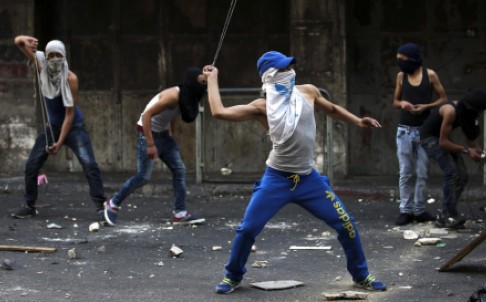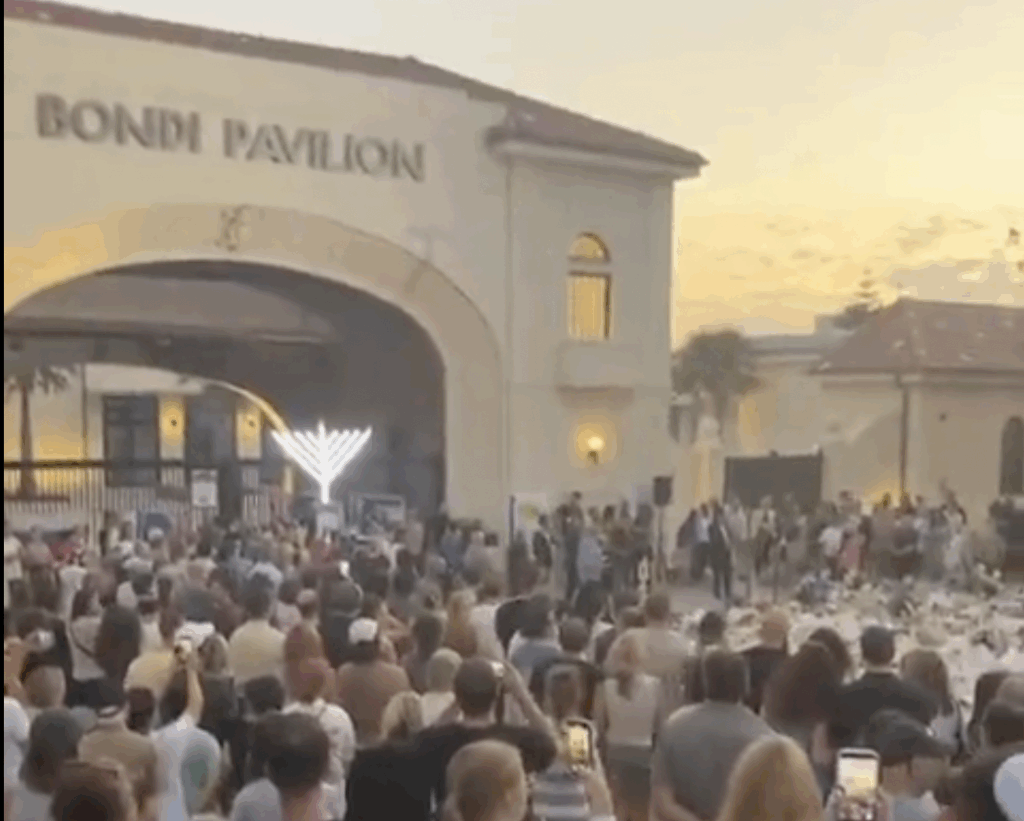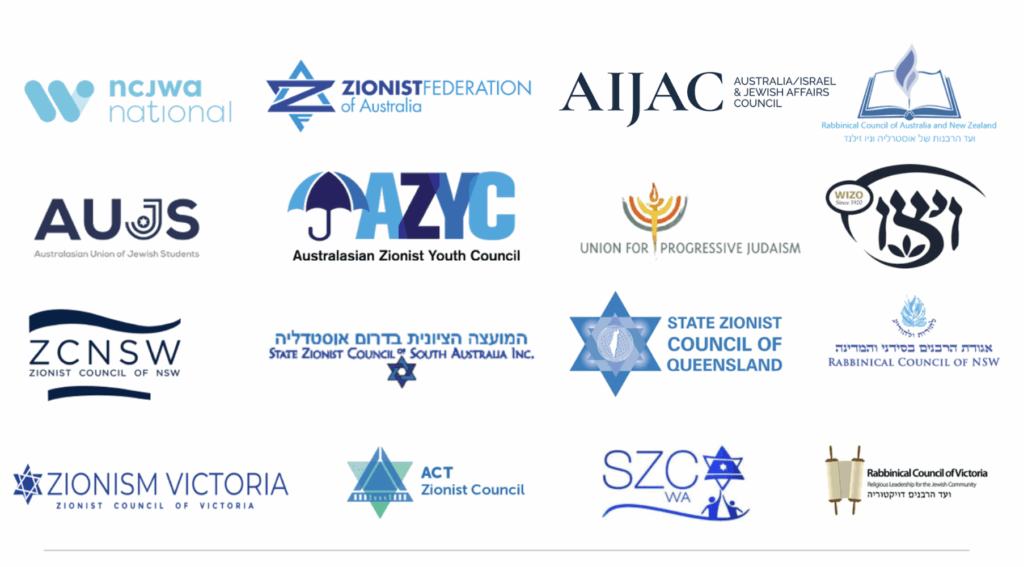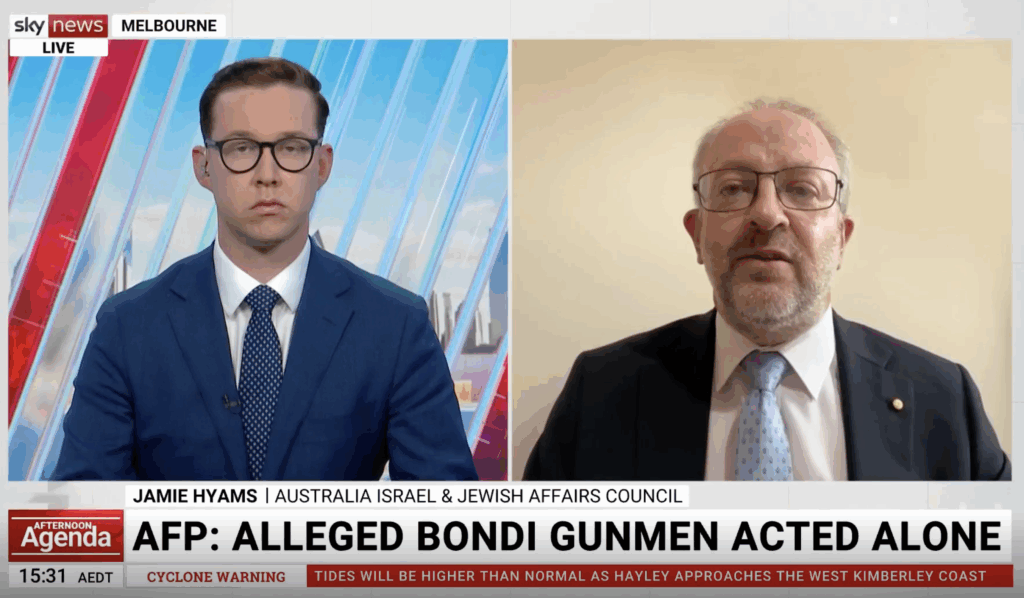UPDATES
The Music of Murder: What Palestinian teens who stab Israelis are listening to
November 12, 2015 | Or Avi Guy

Or Avi-Guy
“I’m coming towards you, my enemy.
We’re going down from every house with cleavers and knives.
With grenades we announce a popular war.”
These are some of the lyrics of the song “I come out to you, my enemy, from every home, neighbourhood and street,” which is one of the most popular songs in the West Bank in recent weeks. Nationalistic Palestinian music is enjoying a renaissance, with sales reportedly reaching 90% of the discs sold at local CD stalls. Yet the new songs being released represent an emerging trend of increasingly militant language and imagery, blunt messages and calls for violent action.
In the West Bank and Gaza, people have begun to listen again to songs that were popular during the two intifadas, and were used in motivating Palestinians to go out to the streets to protest, as well as to engage in violence against Israelis and the Israeli security forces.
This increase in the popularity of intifada songs is evident in Gaza, especially among young children, who as a result express support for Martyrs (Shahids) after listening to songs such as “on the borders”, which encourages kidnappings and praise the Izz Al-Din Al-Qassam terrorists. Palestinian children, especially in Gaza, are also encouraged to support and “show solidarity” with the recent wave of terrorism through a social media campaign in which participants and communities upload a video of themselves singing “My Homeland”(Mawtini) – a militaristic national song of Palestinian and Arab resistance. One of the communities participating in the project was a children’s choir from Gaza. While this could be seen as a children’s concert, watched by proud parents, and as an attempt to maintain spirits and national pride, in the context of the current atmosphere, it has a more serious meaning.
The new nationalistic songs, popular among Palestinian youth, use even more explicit, violent and evocative language. They are more “hard core”. And they are reportedly everywhere – heard on the street, blasting out of shops and passing cars, shared on social media and even promoted though Fatah’s Facebook and TV channel.
These songs are meant to “make the blood boil inside”, as a 15-year-old customer described their appeal – to elicit rage and mobilise the listeners into action with repetitive lyrics such as “stab the Zionist and say God is great” and “let the knives stab your enemy.” Even the names of the songs are violent and militaristic: “Stab, stab” (It’an It’an) and “continue the intifada”. The nationalistic songs are collected in compilation albums with equally provocative titles like “Jerusalem is Bleeding.”
The videos of the songs, disseminated through YouTube and Facebook, are every bit as explicit as the lyrics, and include footage from recent attacks.
The video for Qassam Al-Najjar’s song “Do you know what intifada is?” is filled not only with Fatah symbols, but also with images of Palestinians clashing with Israeli soldiers, throwing rocks and Molotov cocktails, and glorification of “martyrs” – the lyrics include “we will die, and Palestine will live.”
The video for “Intifada of knives” shows images of the Dome of the Rock, a man with a kaffiyeh covering his face and a dagger stained in blood, and the video for “Run over, run over the settler” reportedly includes images from an attack that took place outside the Old City on the very day the song was released (Oct. 10).
Similarly, the video for “Continue the intifada” by Adnan Balaweneh includes footage of the Afula attack in which a female terrorist attempted to carry out a stabbing attack and was surrounded by security personnel. The lyrics, again, call for martyrdom: “resist and carry our guns/ say hello to being a martyr.”
When asked about his music, Balaweneh, who works for a Palestinian Authority music troupe, said that he is against violence, but this is hardly reflected in the song and the video. He argued in an interview to the New York Times (“Palestinian Anger in Jerusalem and West Bank Gets a Violent Soundtrack”, 22 Oct.) that his songs “are not about telling people to go and carry out attacks, our songs are more concentrated on telling people to stand up for their rights.” Yet clearly there is a new trend in Palestinian nationalistic popular music, as he himself admitted: “now, because of the current situation, our songs need to have a lot of action in them, in order to make the blood flow and boil.”
And young listeners enraged and encouraged by the poisonous lyrics and imagery, take action, in a dangerous and violent way. A study of the recent wave of attacks by the Meir Amit Intelligence and Terrorism Information Centre found that the average profile of those carrying out attacks within Israel is “generally male, young, between the ages of 17 and 19, unmarried, unknown to Israeli security” (those attacking within the West Bank are slightly older, with an average age of 20). The youth of many of the attackers was highlighted on Tuesday when two Palestinian children, aged 11 and 13, stabbed a security guard on a Jerusalem light rail train.
Songwriters and performers of the new nationalistic songs claIm that they are influenced by the violence and ongoing events, by the images they see on social media and television, which they include in their songs and videos. For example, Ramzi Aburedwan, who runs music schools in refugee camps, said in the New York Times interview that he “can’t do a song talking about nature and beauty and peaceful things when I’m seeing everyday more than 10 videos where some youths are executed.”
Influenced by incitement against Israel on Palestinian social and mainstream media, songwriters reproduce the same violent and inflammatory rhetoric in their music, and thus the songs are not only influenced by the wave of violence, but also clearly encourage and sustain it.
Music, and particularly trendy and popular songs and genres, are often an articulation of the zeitgeist, an expression of the main issues and sentiments in the hearts and minds of a generation – their “voice” and sound. Music is also seen as a source of inspiration, especially for youth. And currently, in the streets of Ramallah and Gaza, that voice appears to be promoting a chilling message: “Stab the Zionist and say God is great”.
Tags: Palestinians





